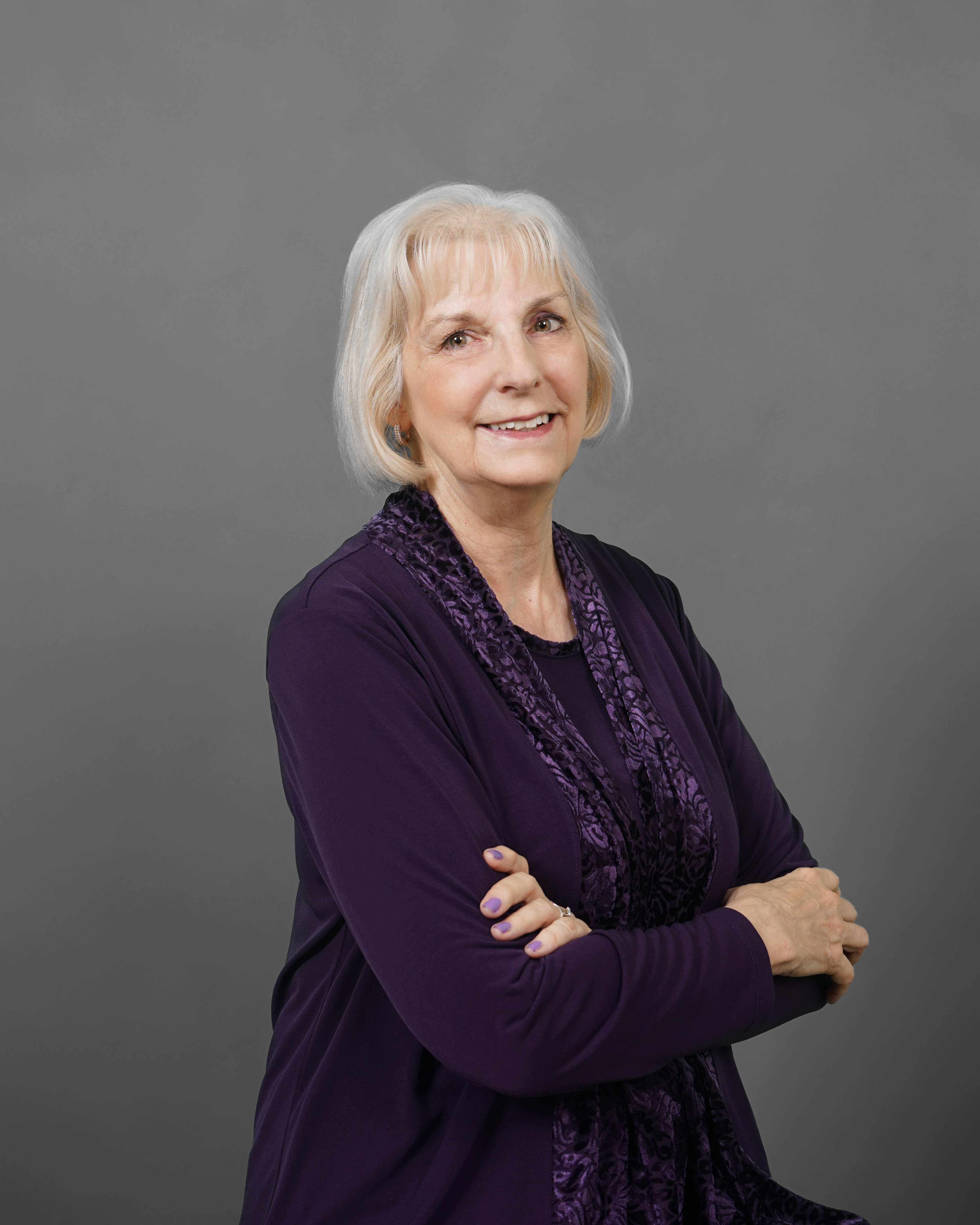After Jacob found out that his son, Joseph, was still alive, he brought the remainder of his family to settle in the part of Egypt known as Goshen.
When another king took power who didn’t know or choose to remember all that Joseph did for the country, he made slaves of the Hebrews.
God brought the Hebrews out of Egypt after 430 years of dwelling there (Exodus 12:40).
They were led to the wilderness so God could keep them separate from the surrounding nations. They needed time to get Egypt out of their psyche. This is probably one reason they complained every time something didn’t go their way. They wanted to go back to security even if it meant slavery.
Their sojourn in an idol-worshipping land could have also been why it was so easy for them to make a golden calf and adore it. They had been exposed to the false gods of the Egyptians. They still had roots from the God of Abraham, Isaac, and Jacob, but they had no leader nor instructions from him yet (Exodus 2:23).
Once the people were isolated in a desert place, Jehovah now could talk to them through His servant, Moses. He gave Moses instructions on how they were to approach Him and on how they should deal with each other.
When they left the land of their bondage, they also took the spoils of Egypt with them. All this gold, silver, and other resources provided material for constructing the tabernacle and all its elements.
What Was the Bronze Altar?
One of those instruments for sacrifices was the bronze altar.
The basin, or it is also referred to as the brazen altar, was the place where animals were offered. It was made from bronze, or brass, and was a perfect square, seven-and-one-half feet long and wide, and four-and-one-half feet high. Each corner was decorated with a horn upon which the priest would put blood after the sacrifices were made.
This altar also had utensils to correspond with it to aid the priests in conducting the sacrificial offerings such as pans, shovels, basins, and forks.
Bronze would be used because of the heat necessary to burn the animal carcasses. Gold would melt under this intense heat.
As each person was given their task to design the implements for the tabernacle, we read in Exodus 38:8 about a special group of women.
They made the bronze basin and its bronze stand from the mirrors of the women who served at the entrance to the tent of meeting. (NIV)
Why Did These Women Carry Mirrors with Them?
The Hebrew women could have been following the custom of Egyptian women who carried mirrors with them when they went to their respective temple worship. Having the ability to look at themselves at any time could be the ancient equivalent of a selfie.
Since the Hebrews were not established in religious rituals yet, it could be these women did not differentiate between how the Egyptian women used these shiny orbs and what they themselves did with them.
After living their entire lives in slavery, the Hebrews were not accustomed to possessing gold and silver or jewels of any kind. These instruments of reflection may have been a new thing to the Hebrew women, and they now felt special having a precious commodity attached to their bodies all day.
Why Was This Altar Constructed from the Bronze of Women’s Mirrors?
The Hebrews had already given offerings of the gold they brought from Egypt for the other tabernacle requirements. They brought so much Moses told them to stop because they had enough (Exodus 36:5-7).
Now we see in chapter 38 these women giving up their treasures made of polished brass. This material would have been among the spoils taken from Egypt.
Relinquishing their mirrors could have been a freewill offering from these women out of devotion to the Lord to signify giving up their desire to look at themselves and instead to now look unto their Deliverer. Or after receiving God’s commandments, they realized they didn’t need to emulate Egyptian women any longer. They were part of God’s people and no longer in a land of idols.
What Was Their Serving Role?
The scripture doesn’t tell us what their serving role at the door to the tent of meeting was, but they probably weren’t greeters who welcomed those who came to make penance for their sins with a goat or bull. They wouldn’t be handing out the weekly church bulletin with the order of service.
After passing through the Red Sea, Miriam and other women praised the Lord with timbrels and dances.
Then Miriam the prophet, Aaron’s sister, took a timbrel in her hand, and all the women followed her, with timbrels and dancing. (Exodus 15:20)
Maybe this set the precedent for what the women at the door of the tabernacle did.
They could have praised God in song or dance which would reflect an attitude of worship and repentance as people entered the gates.
These women also could have given assistance to the tabernacle itself in some way.
The only other place in scripture where women are referred to as serving in this manner is in 1 Samuel 2:22, Now Eli was very old; and he heard everything his sons did to all Israel, how they lay with the women who assembled at the door of the tabernacle of meeting.
Apparently, this was an ongoing ritual throughout the years as women are mentioned here as still assembling at the door of the tabernacle. We can see from the activity that the attitude concerning their duties had degenerated and was no longer glorifying God.

Photo Credit: Unsplash/Roberto Nickson
Other Women in Scripture Who Served
The Bible gives us other examples of women who served the Lord and His people throughout Israel’s history.
Ruth assisted Naomi. She was willing to leave the land of her birth and all that was familiar to her to take care of her mother-in-law. Her exposure to the ways of Jehovah from Naomi and possibly her husband before he died, had an impact on the rest of her life.
Boaz replied, “I’ve been told all about what you have done for your mother-in-law since the death of your husband—how you left your father and mother and your homeland and came to live with a people you did not know before. May the Lord repay you for what you have done. May you be richly rewarded by the Lord, the God of Israel, under whose wings you have come to take refuge.” (Ruth 2:11-12)
Rahab saved the spies. Rather than obey her own king, she hid the Israelite spies because she saw the power of their God (Joshua 1:9-11).
But she had brought them up to the roof and hidden them with the stalks of flax, which she had laid in order on the roof. (Joshua 2:6)
Esther risked her life to save the nation.
Go, gather all the Jews who are present in Shushan, and fast for me; neither eat nor drink for three days, night or day. My maids and I will fast likewise. And so I will go to the king, which is against the law; and if I perish, I perish!” (Esther 4:16)
Anna worshipped in the temple and was rewarded with seeing the young Messiah (Luke 2:36-38).
Multiple women followed the Savior, and their devotion was evident at the cross when He was crucified (Matthew 27:55).
Paul commended several women who provided help in the churches he established. Euodia and Syntyche apparently had some kind of disagreement, but they were still commended by Paul as among those who labored with him in the gospel.
Acts 16:14-15 tell of Lydia, a seller of purple, who after receiving the Lord opened her home to Paul and his companions.
In Romans chapter 16, several women are in the greetings Paul mentions and commended for their actions.
And, of course, we can’t forget Mary, who called herself the servant of the Lord. Her life was changed because she submitted to the Word given to her and was blessed with bearing the Messiah.
Our Legacy of Service
It’s possible the women who gave up their mirrors to serve may have been at the door of the tabernacle in groups and relieved each other in segments of time, so their participation was without interruption.
We can follow the example they left of devotion in our present-day church meetings.
There are different kinds of service, but the same Lord. There are different kinds of working, but in all of them and in everyone it is the same God at work. (1 Corinthians 12:5-6)
There are various opportunities in the body of Christ for ministering to each other and glorifying God with our sacrifice of time, finances, and abilities.
The brazen altar may have been shining on the sides like the mirrors. It could reflect the image of the person standing before it as they saw the substitutionary offering on the fire. This could have reminded them of their pride and the display of sin being burned away.
We can also give up what would represent the brass epitomes of self-reflection in our lives. To follow Christ is to take up our cross and follow Him (Mark 8:34).
As John said,” He must increase, and I must decrease”. (John 3:30)
Photo Credit: ©GettyImages/polinef
 Barbara Latta lived as an Arkansas girl until she wed her sweetheart. She never dreamed she would reside in seven states and visit eight countries in this marriage adventure with finally settling in Georgia in 1993. Riding on the back of her husband’s Harley inspired her book, God’s Maps, Stories of Inspiration and Direction for Motorcycle Riders. Some rides take them to historic and scenic sites combined with stops at antique and flea markets. Barbara and her husband enjoy life with two sons, one daughter-in-love, and an energetic granddaughter who frequently gets her hands messy in paints, clay, and other art projects. Barbara writes articles for online sites and anthologies, and about living in our identity in Christ at www.barbaralatta.com.
Barbara Latta lived as an Arkansas girl until she wed her sweetheart. She never dreamed she would reside in seven states and visit eight countries in this marriage adventure with finally settling in Georgia in 1993. Riding on the back of her husband’s Harley inspired her book, God’s Maps, Stories of Inspiration and Direction for Motorcycle Riders. Some rides take them to historic and scenic sites combined with stops at antique and flea markets. Barbara and her husband enjoy life with two sons, one daughter-in-love, and an energetic granddaughter who frequently gets her hands messy in paints, clay, and other art projects. Barbara writes articles for online sites and anthologies, and about living in our identity in Christ at www.barbaralatta.com.